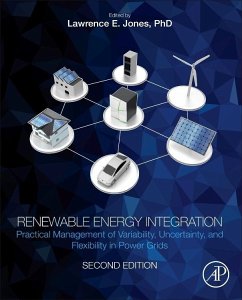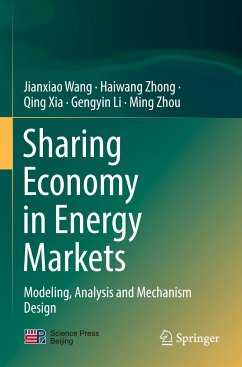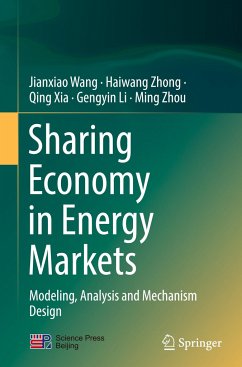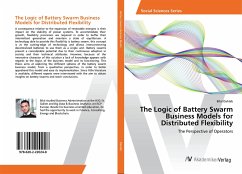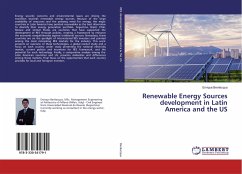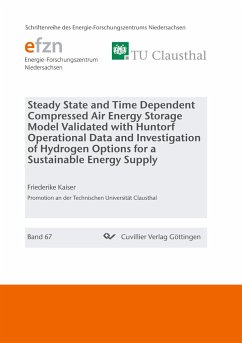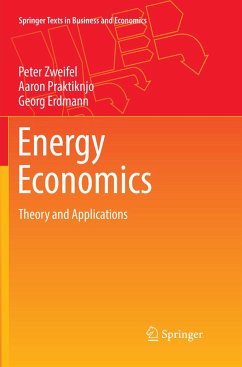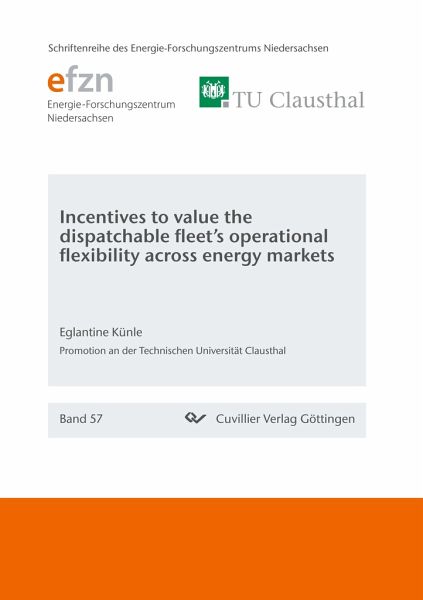
Incentives to value the dispatchable fleet's operational flexibility across energy markets
Band 57

PAYBACK Punkte
0 °P sammeln!
Beschreibung The work at hand participates with the energy transition toward decarbonized electricity production by providing a method to analyze the incentives for the dispatchable fleet to provide flexibility. It analyzes the signals set by the energy markets to investors and power plant operators regarding flexible power plant operation and the future requirement of thermal plant flexibilisation, with improvement suggestions. A method for the quantitative, long-term, high-resolution techno-economic assessment of an individual power plant¿s operational flexibility is proposed. It includes t...
Beschreibung The work at hand participates with the energy transition toward decarbonized electricity production by providing a method to analyze the incentives for the dispatchable fleet to provide flexibility. It analyzes the signals set by the energy markets to investors and power plant operators regarding flexible power plant operation and the future requirement of thermal plant flexibilisation, with improvement suggestions. A method for the quantitative, long-term, high-resolution techno-economic assessment of an individual power plant¿s operational flexibility is proposed. It includes the single unit self-scheduling problem of a merchant power plant solved from a price-taker perspective in the day-ahead, intraday and frequency control markets, as well as a parametric power plant model suited for operational flexibility assessments. The retroactive observation of the merchant power plants¿ operation strategies in these markets is used to identify best practices in terms of market design for flexibility incentives. The value of operational flexibility improvements is quantified using various metrics, for different technologies and market environments. Despite their sensitivity to market design, technologies and cost structures, these results indicate that if investors further expect a three to five-year return on investment, the existing European conventional fleet is unlikely to experience a significant flexibilization.




